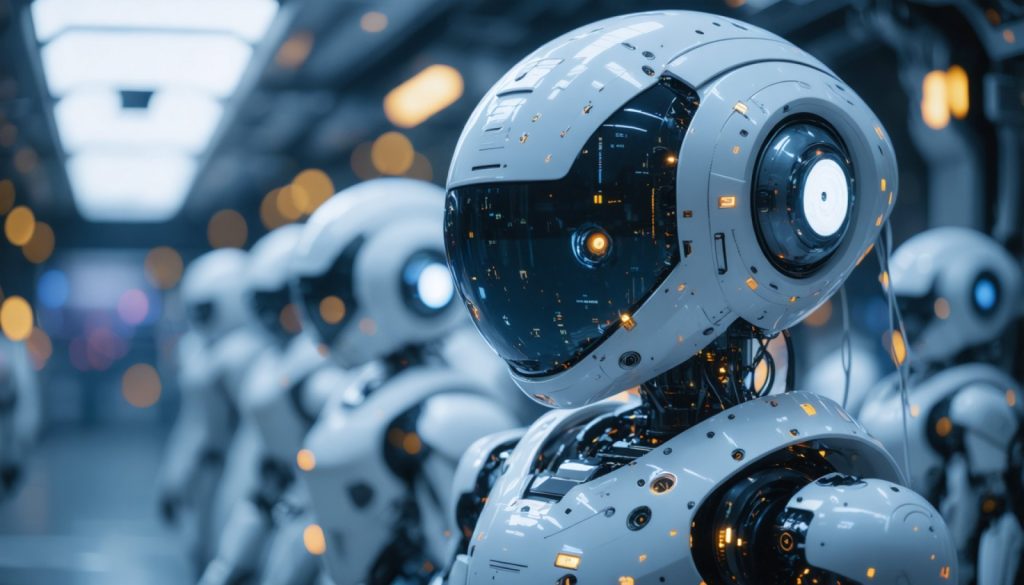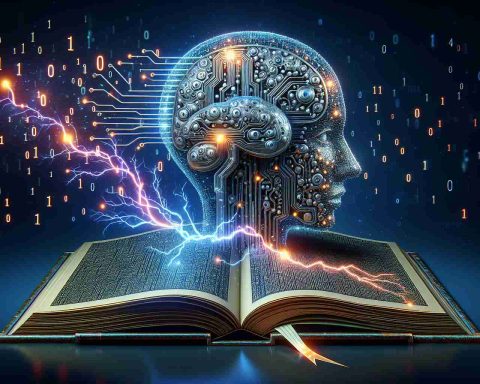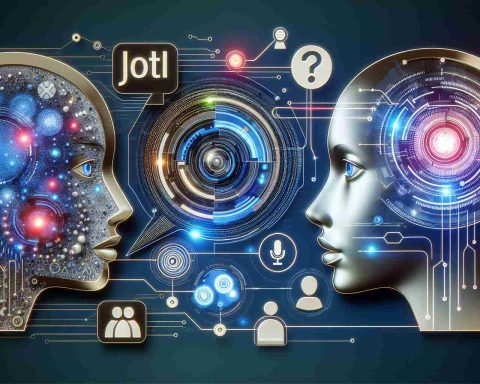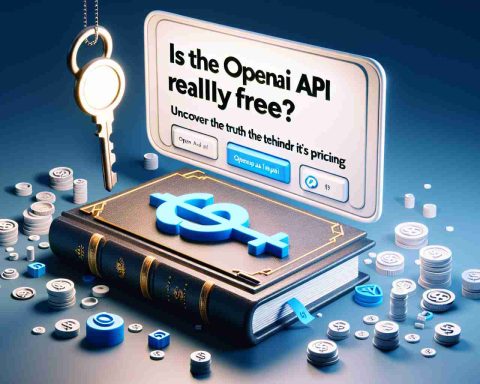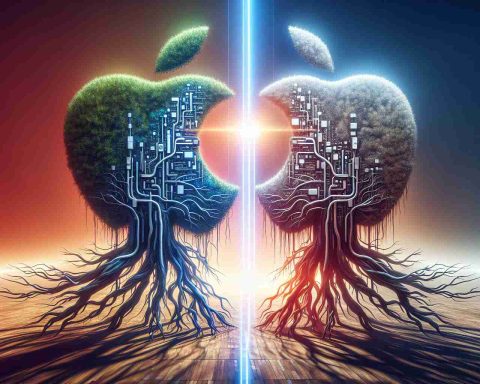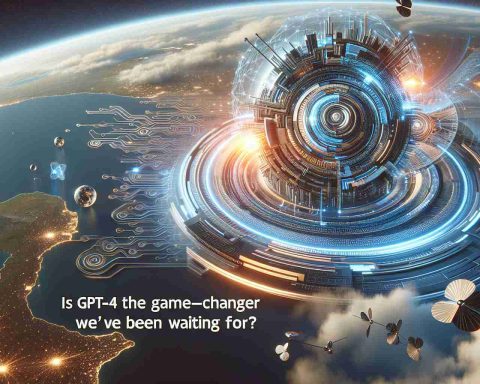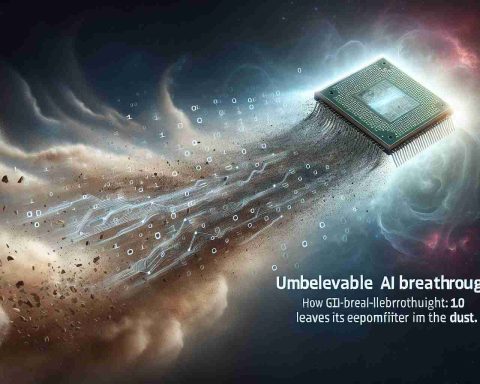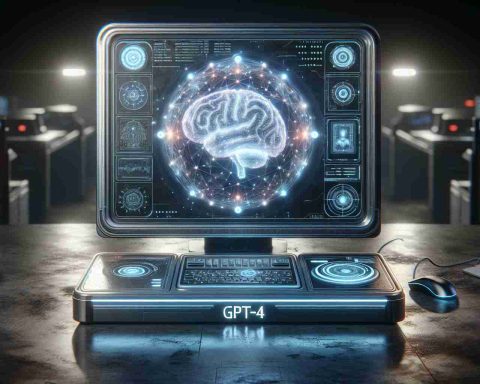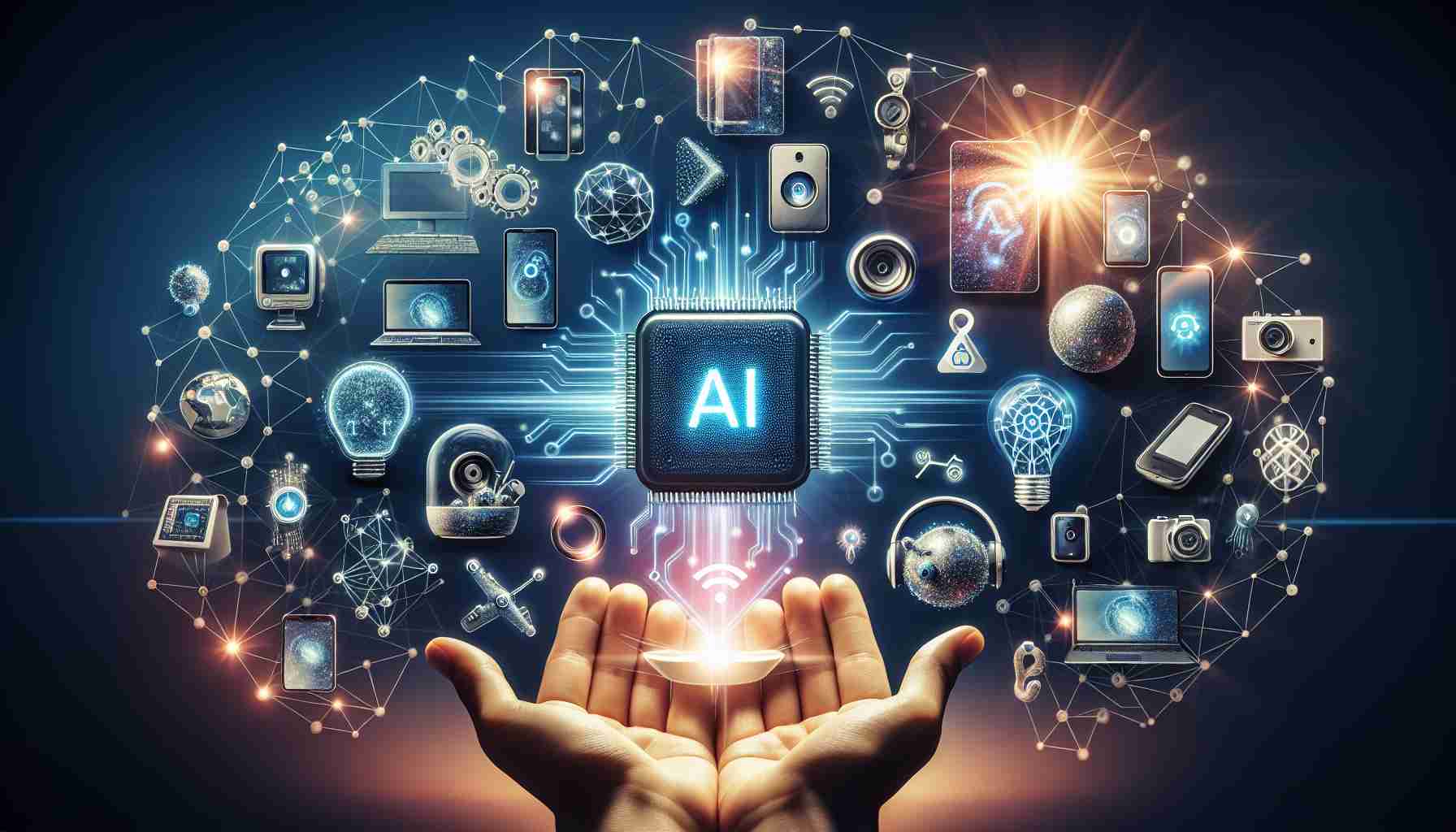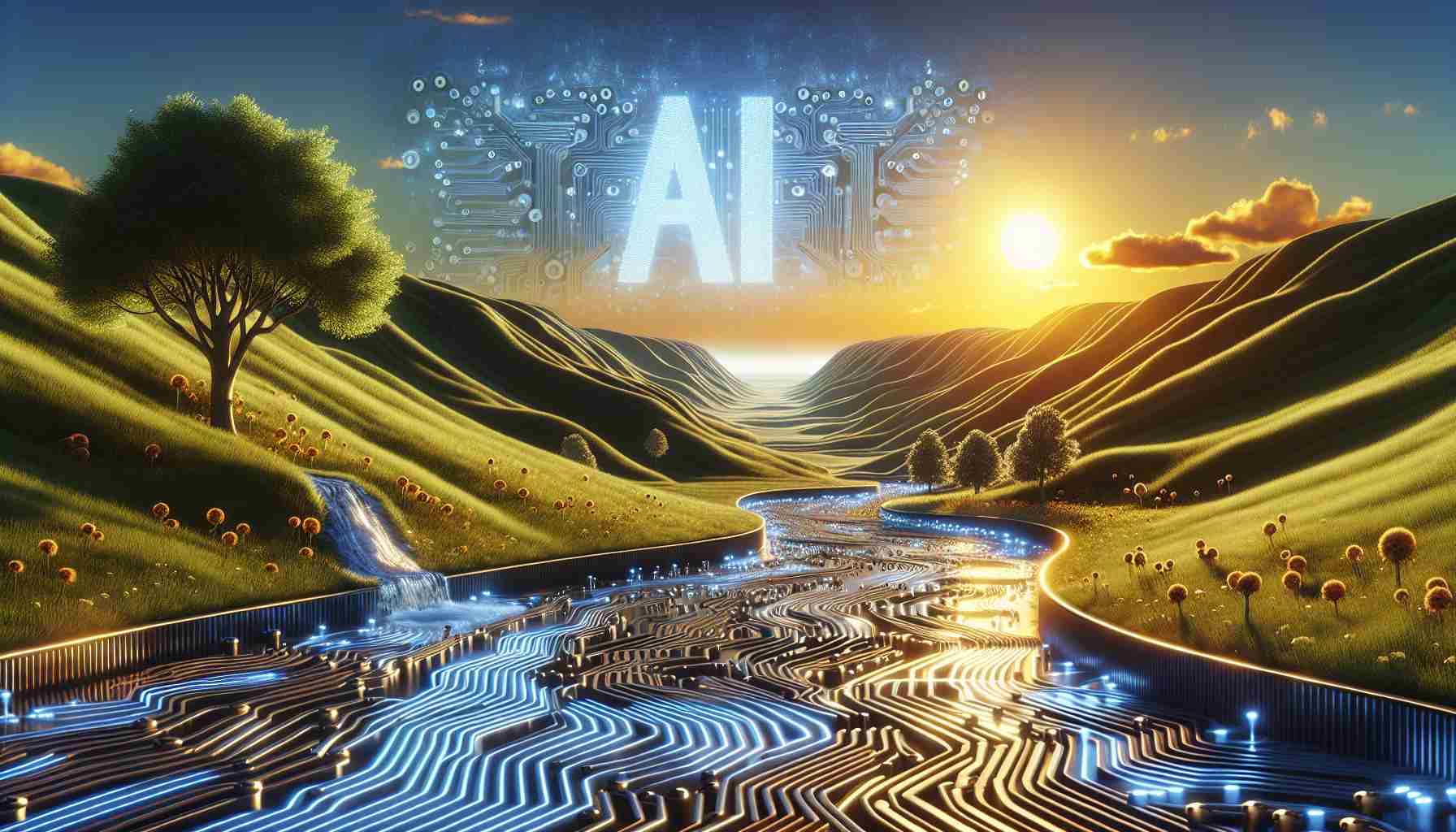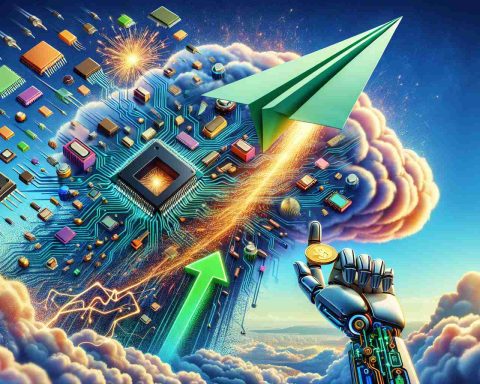GPT-4 - Page 3
GPT-4, or Generative Pre-trained Transformer 4, is an advanced language processing AI model developed by OpenAI. It is part of the GPT series, designed to generate human-like text based on input prompts. GPT-4 employs deep learning techniques, utilizing a large neural network architecture to understand and generate text in a coherent and contextually relevant manner. It can perform a variety of language tasks, including translation, summarization, question-answering, and creative writing, among others. The model is trained on diverse datasets and is able to recognize patterns, infer meanings, and produce text that resembles natural human communication. GPT-4 represents a significant advancement in natural language understanding and generation, with improvements in its ability to handle nuanced instructions and provide more accurate, context-aware responses compared to its predecessors.
